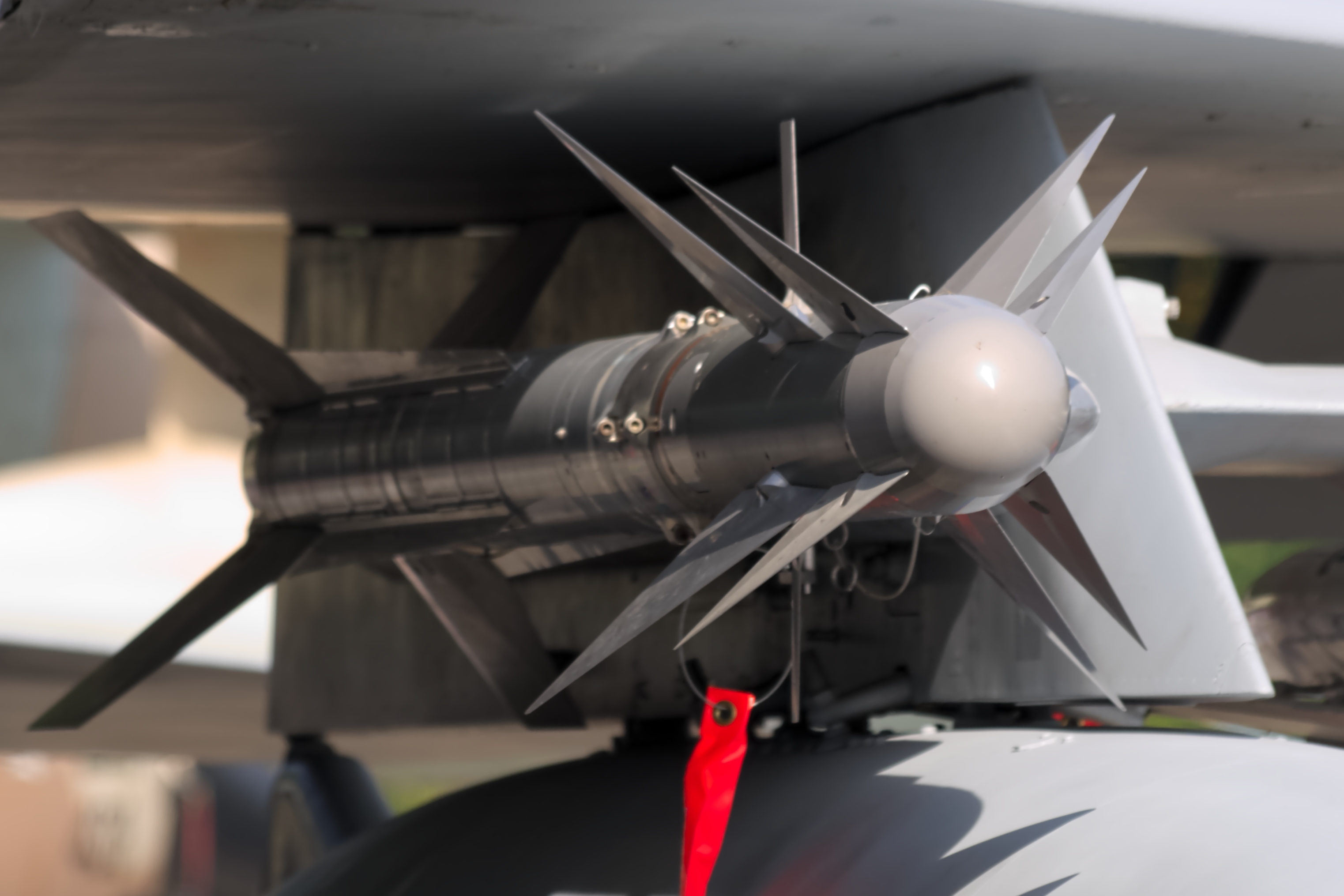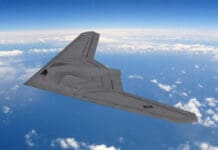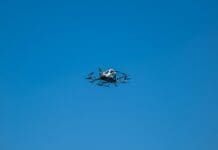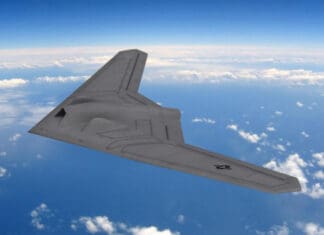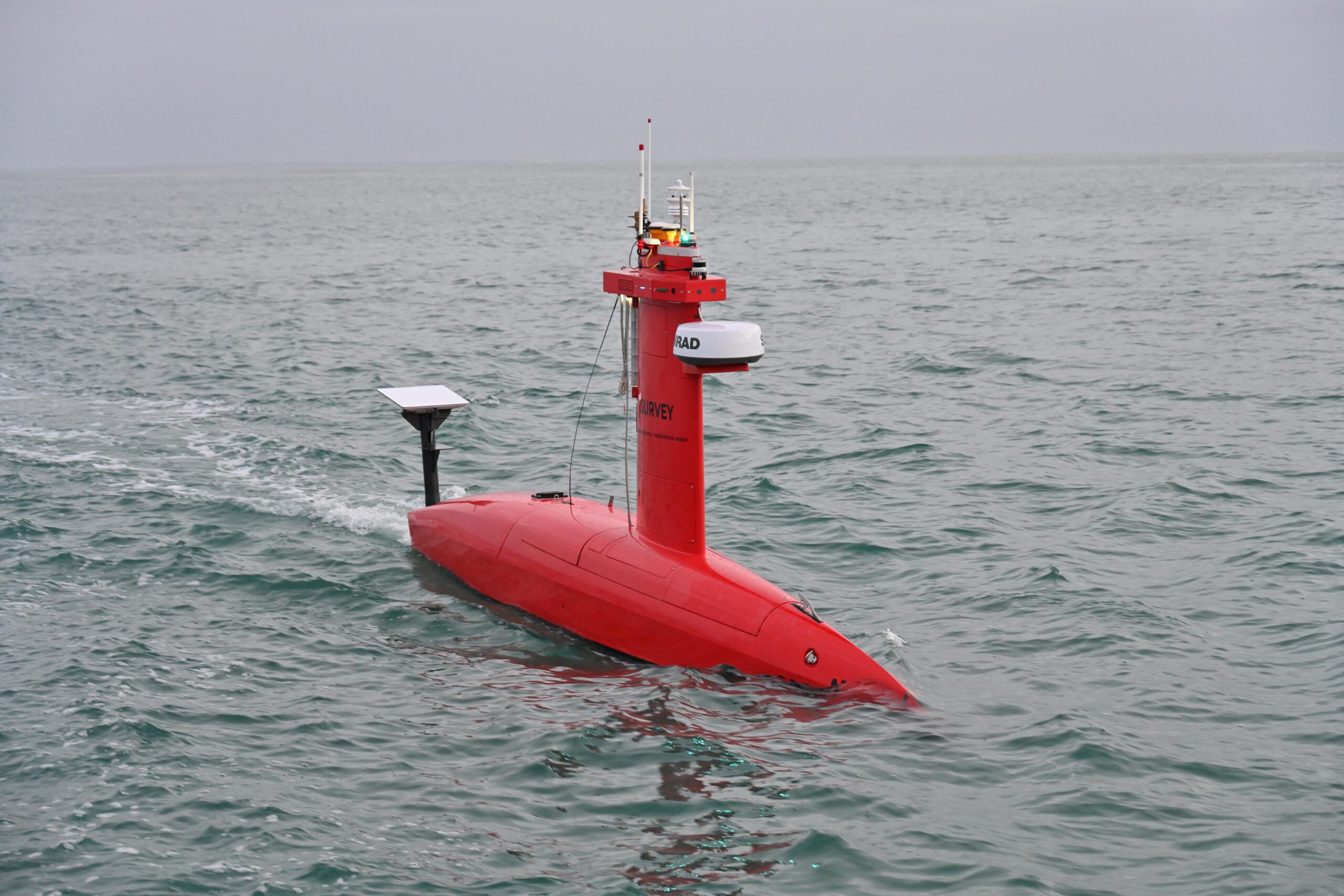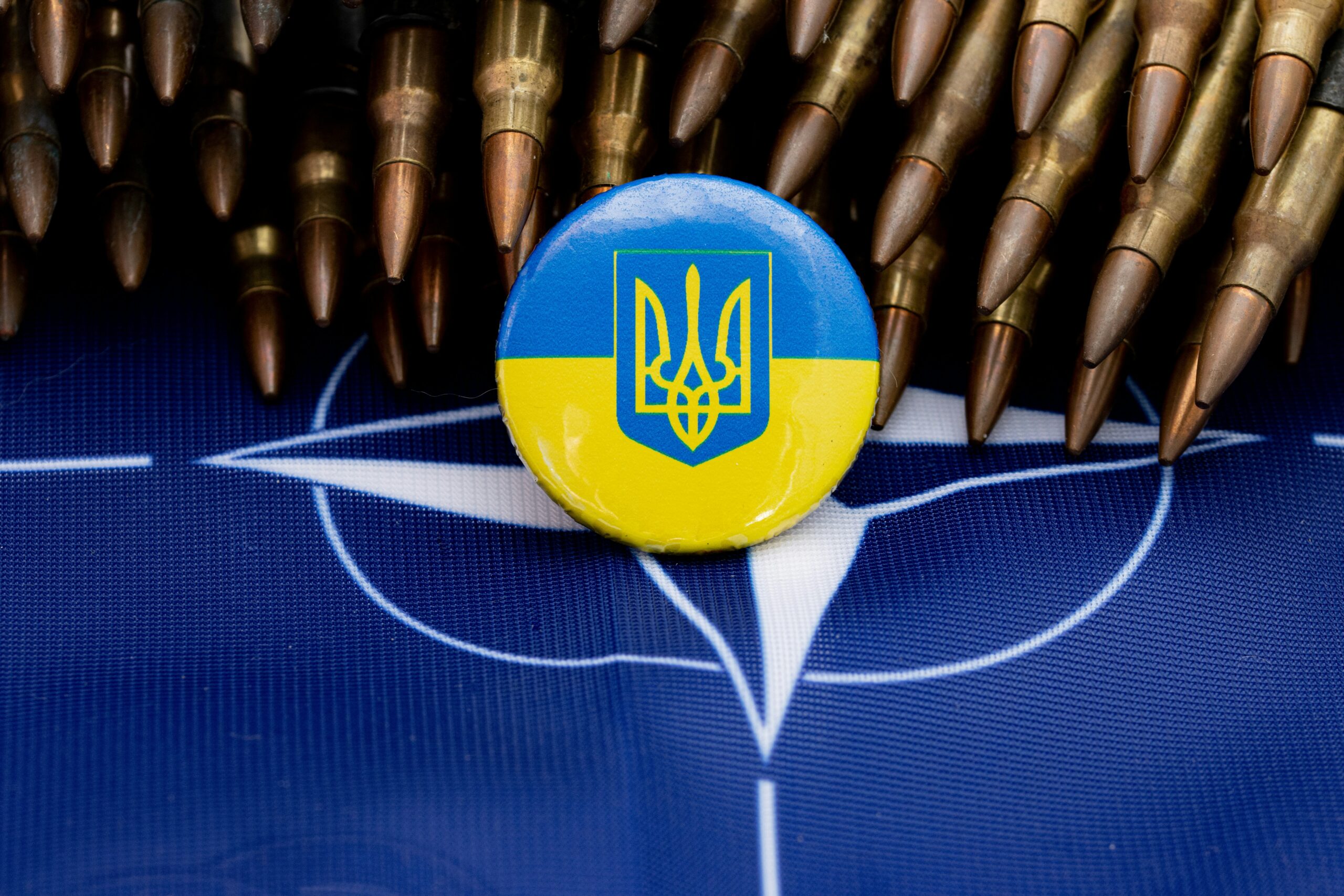This post is also available in:
 עברית (Hebrew)
עברית (Hebrew)
The COVID-19 crisis has exposed the capabilities of Israeli defense industries in the adaptation of their technologies and innovations to the healthcare field, creating urgently-needed solutions. One of the major contributors is Rafael.
From the beginning of the crisis, seven of Rafael’s development teams have been deployed at 11 Israeli hospitals, working non-stop to utilize and implement advanced technologies in the fight against COVID-19.
Following a comprehensive review and mapping of the most critical needs, the efforts became focused on two main goals: Protecting the medical staff from infection through technological solutions ‒ and rapidly developing solutions that can be tested and implemented in a matter of days.
A Corona Robot
In order to minimize direct contact with patients, Rafael has added image processing and computer vision algorithms to an existing, off-the-shelf robot ‒ creating a Corona Robot which can perform a number of routine nursing tasks, including distribution of food and medications, and enabling remote communication between nurses and patients via a screen. Facial recognition technologies ensure that the robot distributes meals and medications to the right people.
Thermal Cameras
The thermal cameras of Opgal, Rafael’s subsidiary, were recruited In order to eliminate nurses’ visits to take patients’ body temperatures. The highly sensitive cameras, which are used in the homing devices attached to Rafael’s missiles, can detect and measure heat from a significant distance. Within a few days, special algorithms were developed for the cameras that can measure body temperature.
This unique solution can identify, at a distance, an unlimited number of people passing by the camera’s lens, with each person’s body temperature individually detected and monitored, without requiring them to stop in front of the camera to be checked. A pilot has been successfully completed at Bnei Tzion and HaEmek Hospitals and the solution is now in operational use.
In the future, this innovation may also be used in malls, shops, etc.
Data Transfer
One of the main reasons nurses enter patients’ hospital rooms is to check on and keep track of patients’ vital signs and the instrumentation readings on the various devices hooked up to the patient. These devices are divided into 3 types: Ventilators, Intravenous Injection devices (IVs), and Monitors measuring blood pressure, pulse, and oxygen levels. Rafael offered a 3-part solution developed by 3 different teams.
One team tested the “communication channels” of the Ventilators and IVs ‒ a very complex function for which accuracy is critical. Utilizing communication protocols, this team was able to transmit the data to medical personnel in a secure and encrypted manner.
Regarding the Vital Signs Monitors, the challenge was much more complex since these devices don’t have a communication protocol ‒ and most of them are older models without connectivity capabilities. Therefore, the company developed a simple and effective solution using basic smartphones which are embedded with advanced image processing and detection algorithms (similar to Rafael’s missiles). These phones are placed in front of the monitors on special cradles and provide ongoing images of patient data from the monitors ‒ without interfering with their operation or their accuracy. This data is then transmitted to the medical teams, eliminating the need for any direct contact with the patients.
In order to allow physicians to keep track of their patients’ conditions in real time, even from home, Rafael developed an encrypted, cloud-based application that enables secure access to a database of all patient metrics, and can be viewed from any location. The application handles an unlimited number of metrics and can perform advanced statistical analyses of the data.
A Safe Alternative to Oxygen Masks
Though ventilators are a critical tool in the fight against acute respiratory distress, most patients don’t need them and instead, are given oxygen masks. However, the masks being used today are easily contaminated and pose a high risk of transmitting disease and endangering hospital staff as well as patients.
Since attempts to isolate medical workers had not succeeded, Rafael focused on isolating the patients instead. Helmet-based ventilation devices being used in Italy seemed to be working, so they concentrated their efforts in that direction, developing a prototype of an oxygen helmet based on Rafael’s own unique design. This device has already received Israel’s Ministry of Health approval and is currently being tested in a pilot running at Shaarei Tzedek and Nahariya Hospitals.
Speeding the Manufacture of Israeli-Made Ventilators
Rafael is also involved in a program matching defense companies with Israeli ventilator producers, which is being organized by Israel’s Administration for the Development of Weapons and Technological Infrastructure (MAFAT). Working directly with Flight Medical, Rafael is helping them to procure components for the production of ventilators that are difficult to obtain these days. The company is also assisting them with the establishment of a massive and complex production infrastructure.


